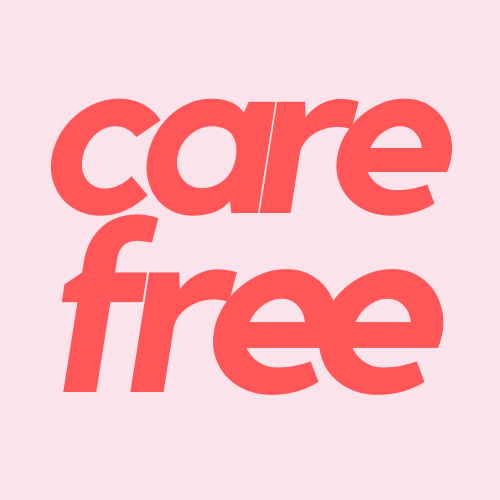Coming out as a Black bisexual woman is messy, significant, deeply personal…and and this week’s writer Kala Stepter is sick of it. Listen to her read “An Anti-Coming Out Story.”
Hosted by Anayo Awuzie
————————————————————
Subscribe to the Carefree story-letter to get a new story from a Black woman delivered to your inbox each week! Subscribe here.
Follow us on Facebook, Twitter, and Instagram @carefreemag
An Anti-Coming Out Story by Kala Stepter


